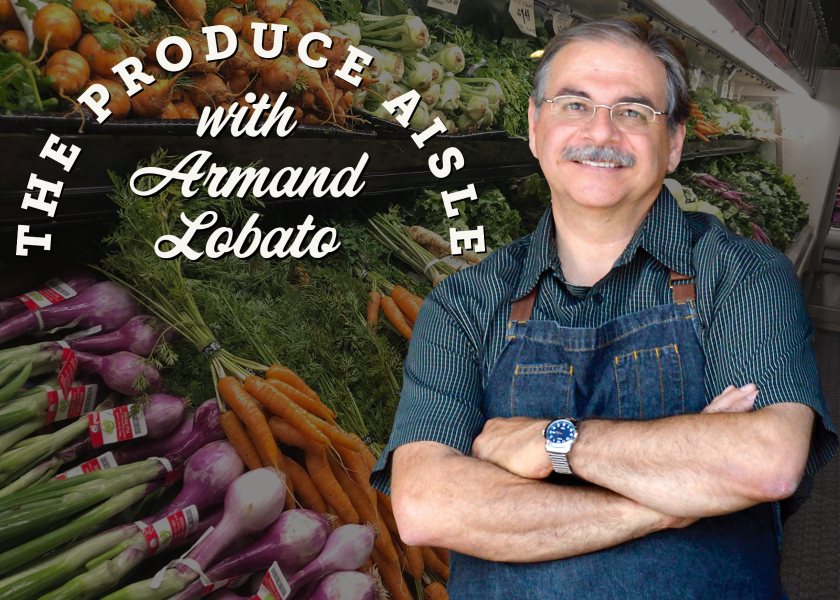Who’s looking out for your produce?

How valuable are produce inspectors?
Plenty. It’s easy to justify having inspectors. Be it with a wholesaler, a retailer, in a foodservice warehouse, a terminal market or any point where a produce operation acts as a receiver.
For example, all it takes is a quality inspector to identify and reject a single load for cause, of let’s say imported grapes (an extraordinary, costly commodity), and chances are good that the value of that single load will more than pay for what it costs to employ the inspector.
Not that the goal is to reject product (most loads make good arrival and are in fact necessary inventory for a chain to provide sales), but the quality must be to specifications. And anything can happen. Reefer’s malfunction, freezing a load; a bad or aged lot arrives with excessive decay; the wrong pack or size or variety is inadvertently shipped; or about 101 other things can trigger an inspector to take a closer look.
As one quality inspector I knew said, “Where there’s smoke, there’s fire.”
Working as an inspector for a portion of my career, I can attest that the job is a little bit like being a cop on a stakeout: hours spent in a chilly, wet and dimly lit warehouse. It’s routine, even boring some days. Then again, on other days a lot is happens all at once, and you scramble to keep track of it all.
Most good produce operations have at least two or more quality inspectors (also called quality assurance or quality control) on staff. The bigger or more complex the operation, the more needed.
Related: Get more insight from Armand Lobato
The primary goal for inspectors is to minimize product loss or shrink, however it may occur.
Shrink can happen at any point when produce travels from source to store shelves, so it behooves an operation to have inspectors who can cover the inbound produce and others who are adept at working the warehouse, inspecting reserve and pick slots to ensure that product is being rotated, slotted correctly and that the quality within all is up to snuff.
At all points, the inspector must constantly be on alert at potential critical control points, including:
- Inbound: Does the quality match the chain’s standards regarding shipper source, brand, pack, variety, grade, size, etc.?
- Temperature: Inbound and in reserve. Did the produce arrive at and is stored at the desired temperature?
- Inventory quality: Is the produce fresh and saleable — or starting to age? Any concern of excess inventory or close use-by dates?
- Product ripeness stages: Are sensitive items such as avocados, herbs, tomatoes and bananas acceptable?
- Lost or damaged product: Notice a pallet in reserve with an ID, a “license plate” out of sync or that has overstayed its welcome? See a pallet leaning and in danger of damage, falling or is a safety hazard?
On the receiving dock, an inspector is trained to identify the product, isolate lots (several can arrive on the same trailer) take random samples to inspect according to USDA federal inspection guidelines, ensure that quality (measured in terms of grade, size, maturity, sugar, freshness, etc.) arrives as ordered and report any issues to the buyers. It gets more technical than space allows here — such as “scoring” produce inbound samples based on the condition/quality matrix, using sizing tools, refractometers and more — but you get the gist.
Quality inspectors are the ears and eyes of a distribution center. Good, well-trained inspectors communicate with the buying and other warehouse staff to alert them to any potential losses. As the name suggests, the produce inspector is a super-sleuth on the job with tools at the ready, eyes peeled, to spot potential issues, but they are also there to report what is exceptional quality too — information that helps retailers and foodservice suppliers promote and market fresh produce for their customers.
“There is a time to laugh and a time not to laugh, and this is not one of them.” — Inspector Clouseau, from “The Pink Panther”
Armand Lobato works for the Idaho Potato Commission. His 40 years of experience in the produce business span a range of foodservice and retail positions.







